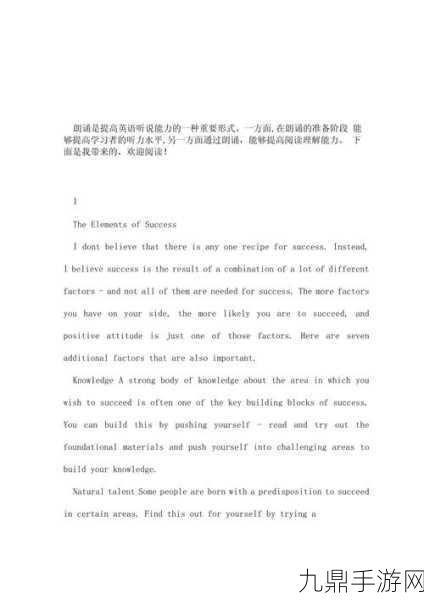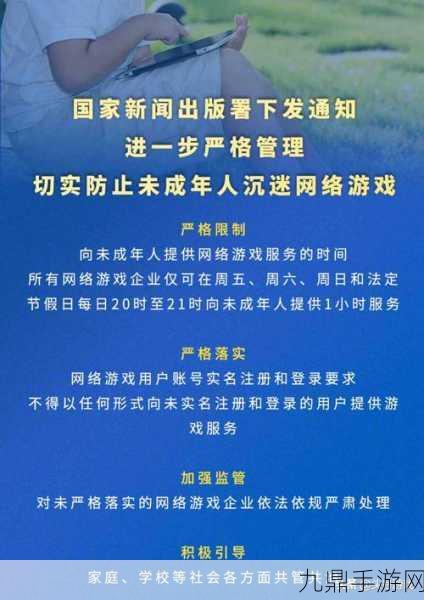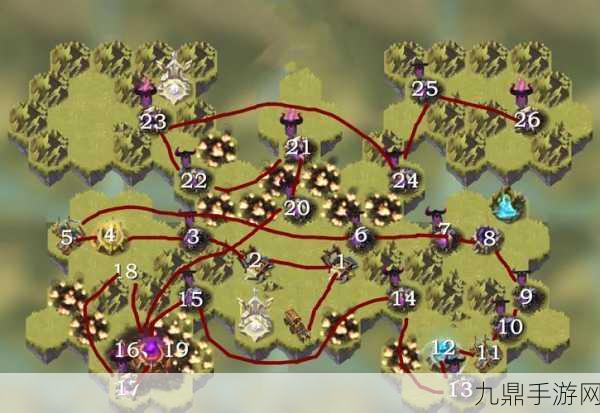现代家庭教育的挑战与应对
每个家庭都有自己的教育方式,但在快速变化的社会环境中,许多父母面临着前所未有的挑战。孩子们接触信息的渠道越来越多,而注意力和时间管理问题也日益严重。这就要求家长不仅要关注学业成绩,还需要培养孩子独立思考和情绪管理能力。
理解孩子的发展阶段
了解不同年龄段儿童的发展特点是有效教育的重要基础。从婴幼儿时期开始,语言、社交及认知能力逐渐发育,家长可以通过游戏促进这些方面的发展。进入学龄期后,学习动机、同伴关系等因素会显得尤为重要。这个时候,不仅要帮助他们建立良好的学习习惯,也需引导其处理人际关系中的各种矛盾与冲突。

创造积极的学习氛围
An important factor in a child's academic performance and overall well-being is the environment they grow up in. 家庭应该成为一个支持性强且充满爱的空间,通过鼓励和赞美来激发孩子内心深处对于知识探索的渴望。在这方面,一些简单的小细节,比如设定固定时间进行阅读或者共同完成作业,都能极大地提升亲子间互动质量,同时增进相互理解。
制定合理而灵活的规则
明确规矩有助于让孩子明白什么是可接受行为。然而,这些规则不宜过于严苛,应根据实际情况适时调整。例如,在网络使用上,可以设置每天利用电子设备最多一小时,以此避免沉迷。同时给予一定自由度,让他们参与到这一过程当中,有助于提高自我约束意识。

注重心理健康与情感交流
A child’s emotional health equally dictates their ability to learn and thrive. 不能忽视的是,当今社会竞争压力巨大,很容易导致青少年出现焦虑或抑郁症状。因此,为了确保他们能够健康成长,与此同时还须建构开放性的沟通模式,使得小孩敢于表达自身困扰并寻求帮助。此外,可尝试带孩子参加一些团队活动,如运动队伍或艺术班,从而增强集体归属感,并减轻孤独感。
Nurturing Critical Thinking Skills
Cultivating critical thinking skills allows children to analyze situations better, make informed decisions, and solve problems creatively. This can be achieved through engaging discussions at dinner tables where parents encourage kids to voice their opinions on various topics or current events without judgment. Additionally, providing them with opportunities for inquiry-based learning—like science experiments or research projects—further nurtures this essential skill.
The Role of Technology in Education
The integration of technology into education has become increasingly prevalent as digital platforms offer vast resources for both students and parents alike. Educational apps provide interactive ways for children to reinforce what they’ve learned while also making it more enjoyable through gamification elements.< However, ensuring that screen time remains balanced by incorporating offline activities such as reading books together fosters well-rounded development.
热点话题:- 心理健康如何影响学生表现
- 科技在现代教育中的应用
- 如何培养批判性思维技能







